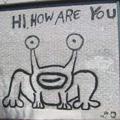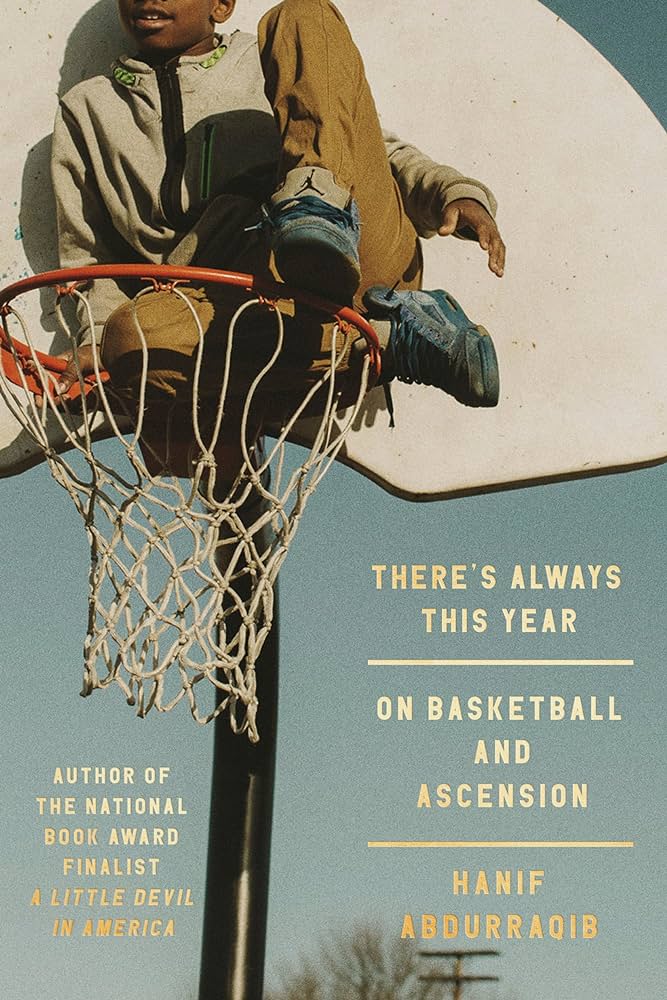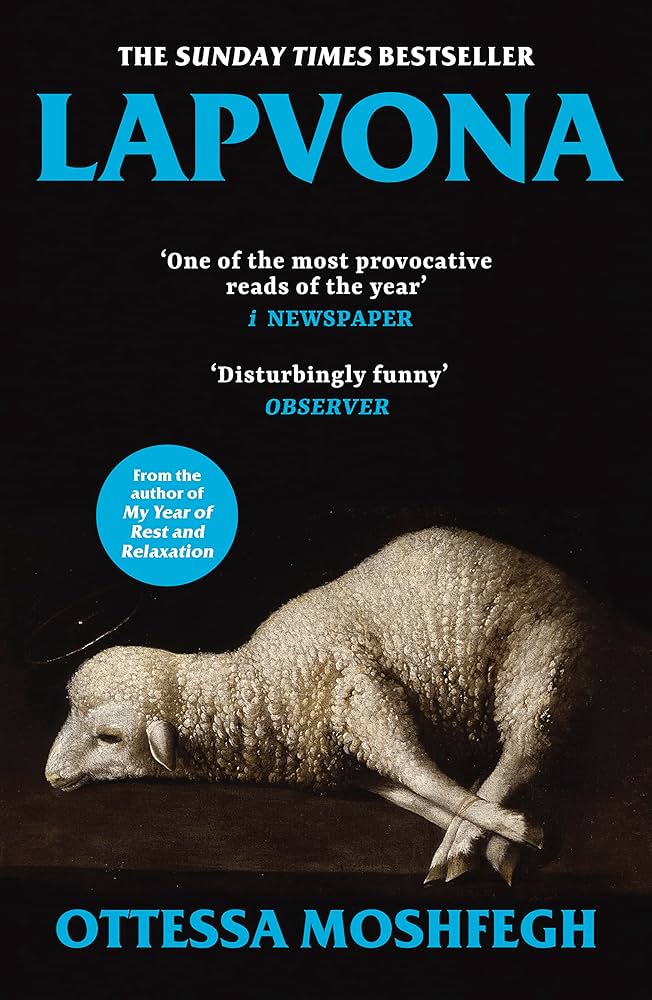Jim Brown reviewed Own This! by Trebor R. Scholz
Experiments in Collective Ownership
This book lays out both the theory and practice of platform collectives, platforms that are cooperatively owned. As we continue to seek something other than the feed driven by ads, the dopamine hit that never actually satisfies anything, Scholz offers a way to actually experiment:
"Experiments with Collective ownership are one way forward. What if digital platforms were cooperatively owned? What if communities, including users and workers, had ownership and governance over the algorithms and servers of digital platforms as well as Upstream services?” (5)
He has a complex view of scale or "scaling up" that is useful:
“Any discussion of scaling must begin with a clear statement of what scaling is not. It is not the thing we are working against; that is, it is not a mirror of venture capital logic, which prioritizes growth for its own sake as a source of increased investment and …
This book lays out both the theory and practice of platform collectives, platforms that are cooperatively owned. As we continue to seek something other than the feed driven by ads, the dopamine hit that never actually satisfies anything, Scholz offers a way to actually experiment:
"Experiments with Collective ownership are one way forward. What if digital platforms were cooperatively owned? What if communities, including users and workers, had ownership and governance over the algorithms and servers of digital platforms as well as Upstream services?” (5)
He has a complex view of scale or "scaling up" that is useful:
“Any discussion of scaling must begin with a clear statement of what scaling is not. It is not the thing we are working against; that is, it is not a mirror of venture capital logic, which prioritizes growth for its own sake as a source of increased investment and profit, and maximizes the economic interests of operators.” (49)
“Scaling can be achieved through alliances and federations that replicate successful local and translocal models and act as force multipliers for their members and social goals” (51)
Approaches to scaling: franchising (57), replication - “a new business simply applies an existing template, usually including open-source or source-available software” (64), “conversion of existing legacy cooperatives into platform cooperatives” (69), federation “multiple smaller cooperatives collectively own and manage a shared digital platform. This forms a second-level cooperative known as a platform co-op, allowing them to connect with clients and expand their reach” (70)
It also discusses Decentralized autonomous organizations (DAOs) and Data unions.
It's short and offers a number of examples of cooperatives. It's a nice mix of a journalistic approach (interviewing people on the ground, doing this work) and a theoretical account of platform cooperatives.















